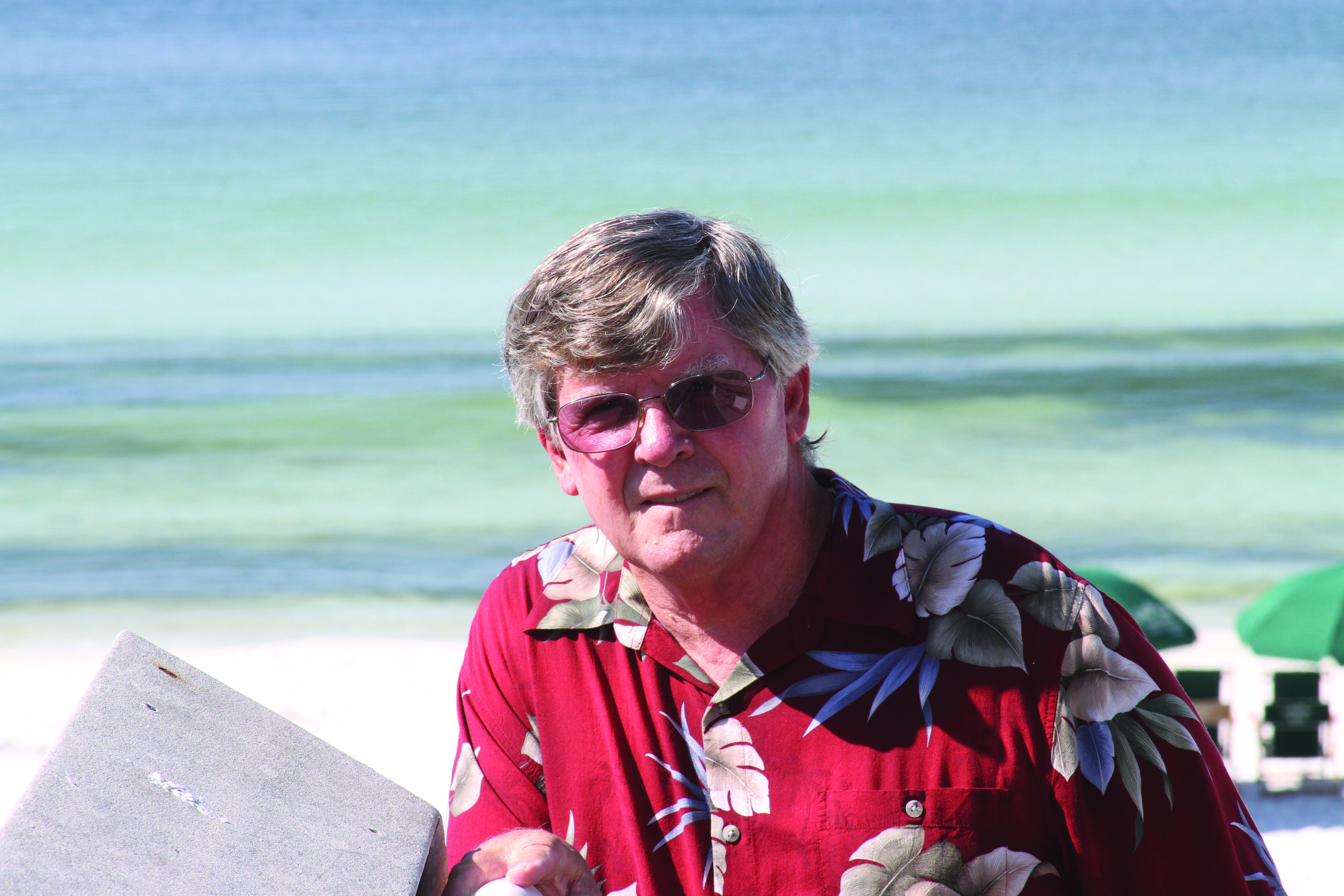By Hardy Jackson
You may recall back when I wrote about dirty political tricks, I mentioned that my Daddy had a Poutin’ House and promised you more about it.
Here it is.
Like so many institutions of this sort, the Poutin’ House was not created, it just evolved to meet a need. We trace its origins to the late 1950’s, when Daddy built a top-of-the-line storage shed out back — complete with running water and electricity. In it he put gardening supplies, tools and a deep freeze for last year’s harvest. He also installed a refrigerator for his beer and a cabinet to hold a bottle or two.
He put the liquor out there because Mama was the granddaughter of a teetotaling Methodist minister. She held pretty firm views on strong drink and didn’t want “beverages” in her house. Daddy, whose genealogy included a grandfather with his own personal bootlegger and a grandmother with a charge account at a Montgomery beer joint, belonged to the other camp.
But Mama and Daddy were a reasonable, loving couple, so they struck a “bar out back” compromise, and everyone was happy.
This solution also kept drinking out of sight of visitors who might drop in. The county where they lived was dry and since Daddy was in politics, discretion was clearly the best course of action.
In the months that followed friends were invited out from time to time for an after-work toddy, and it wasn’t long before the “greenhouse” (the shed was painted green) became known to a small circle as a place to relax. Since most of the guest were associated with the courthouse in some way, the talk naturally centered on politics. It was a lively group, especially during campaigns, and who knows how often the fate of an aspiring candidate may have been decided under the tin roof of Daddy’s greenhouse.
Through the decades of the 60s and 70s, the greenhouse served the county well. Even after its owner retired from politics, the establishment continued to flourish. Old courthouse hands frequently dropped by for a quiet drink and reflection, and a new generation of local opinion shapers came out to listen and learn.
Meanwhile, the greenhouse was filling up. A child of the depression, Daddy could not bring himself to throw away anything so shelves were piled high with jars and bottles, boxes of various sizes, pieces of rope and string, rusted tools and half-empty cans of dried-out paint and putty whose resurrection was doubtful at best. Scraps of lumber and sacks of fertilizer were stacked on the floor, and before long the only way to get to the refrigerator was by a narrow path that wound its way through the overflow. Finally, Daddy realized he had to either clean up this house or build another.
So he called the carpenter.
The result reflected the man. Daddy’s new retreat included a stove, sink, refrigerator, satellite connection, lots of cabinets for books and bottles, and no telephone. He hung the walls with political memorabilia and brought in chairs and a sofa so folks could sit. He also added a bathroom, though regulars continued to wander outside and find a bush. Old habits die hard.
Then the power company arrived to hook it up, and Daddy learned he had a problem.
“What’s the address?” Asked the man from the Rural Electric Authority. “We need an address for the meter.”
“Same as the main house,” Daddy replied.
“Can’t be,” was the response. “Separate meter needs its own designation.”
Daddy looked confused so the technician tried to help.
“What do you call this place?”
“This is my Poutin’ House,” Daddy answered. “When Mama chases me out, I’ll come here to pout.”
When the first electric bill arrived, it was addressed “Poutin’ House.”
Pretty soon the regulars, who included (according to one unofficial report) “the editor- publisher of the local newspaper, a couple of renegade court officers, a retired Republican patronage holder and the ranking elected law-enforcement officer of the local judicial circuit,” began gathering every Wednesday night. They chose Wednesday because the editor would have just picked up the weekly paper for its Thursday distribution, and they could get the news before the rest of the country. When all were assembled and drinks were poured, Mama would bring out snacks.
And being Wednesday and all, they called it “prayer meeting,” a tip of the hat to what was going on, in churches in town and around the county.
That was 1986, and for the next decade or so, prayer meeting was the highlight of the week. But things change. People pass away. Some drift away. Then we lost Daddy.
But memories remain. Yessir, every man needs a ‘poutin house. I hope I get one when I grow up.
Harvey H. (“Hardy”) Jackson is Professor Emeritus of History at Jacksonville State University. He can be reached at hjackson@cableone.net.

